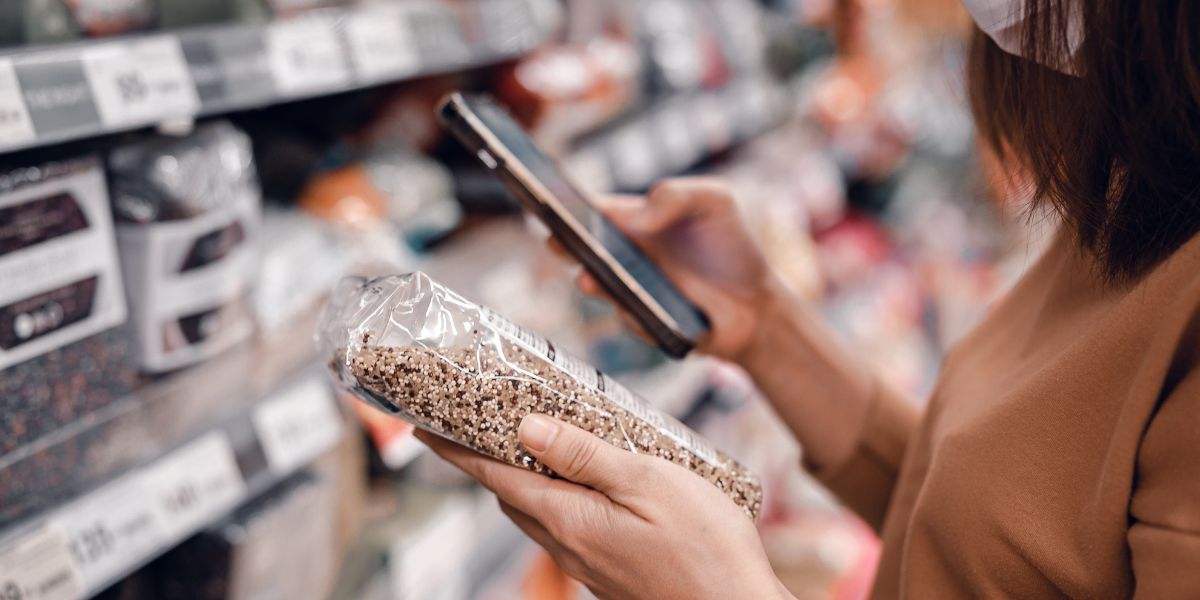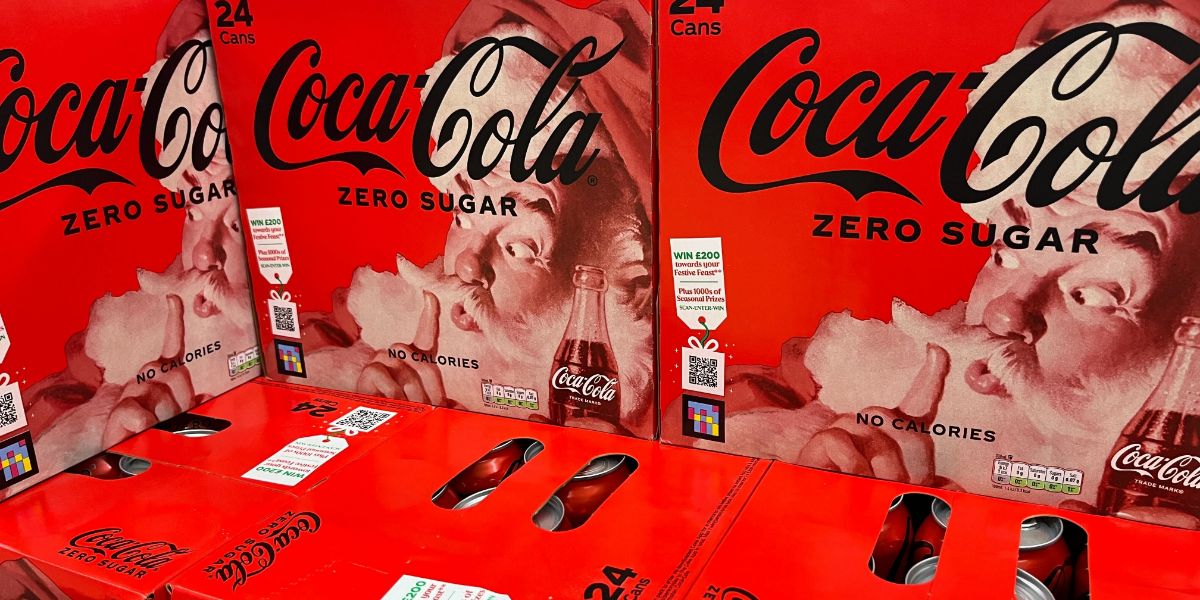A study has found that informing people how much exercise they will need to do to burn off the calories contained in the food they are buying, makes little difference when it comes to the number of calories purchased.
Researchers from the University of Cambridge carried out a study of 10 workplace cafeterias over 12 weeks in 2021, to assess the effectiveness of PACE labels, which is when the physical activity calorie-equivalent information is displayed on food – for example, informing consumers that a 1014kcal large portion of battered haddock would take more than five hours of walking to burn off.
The team wanted to test how influential PACE labels could be in a real-world setting, because a previous review, which concluded that they help to reduce the energy purchased, only included one ‘real-world’ study.
- People need to better understand food labelling
- Scottish man with type 2 diabetes labelled ‘low carb champion’ after huge success
Senior author Professor Dame Theresa Marteau, Director of the Behaviour and Health Research Unit at the University of Cambridge, said: “This is the largest study in a real world setting to look at the impact of PACE labels on food and drink purchases, examining 250,000 transactions across 10 worksite cafeterias.
“The findings suggest that PACE labels, contrary to expectations, may have little or no impact on the food people buy in worksite cafeterias.”
For their research, the team gathered data from each cafeteria before the experiment started, when only some items of food and drink featured nutritional information. During the experiment, each cafeteria displayed information relating to calories, with PACE labels detailing how many minutes of walking would be needed to burn off the calories in each item.
While the team found that the presence of PACE labels had little effect on the energy purchased by employees, they did note a significant amount of variability among the cafeterias. At one, there was a reduction of 161kcal per transaction, compared to an increase of 69kcal at another cafeteria.
- Human memory prioritises junk food locations over healthier options
- Short bouts of exercise increases your lifespan, research shows
First author Dr James Reynolds from the School of Psychology at Aston University, who carried out the research while at Cambridge, said: “Although we found that showing the amount of exercise required to burn off calories made little difference to the number of calories purchased – and, we can assume, eaten and drunk – there was considerable variability between cafeterias.
“This suggests that other factors may have influenced the effectiveness of these labels, such as the type of food sold in the cafeteria or the characteristics of those using them.”
Read the full study in PLOS Medicine.




